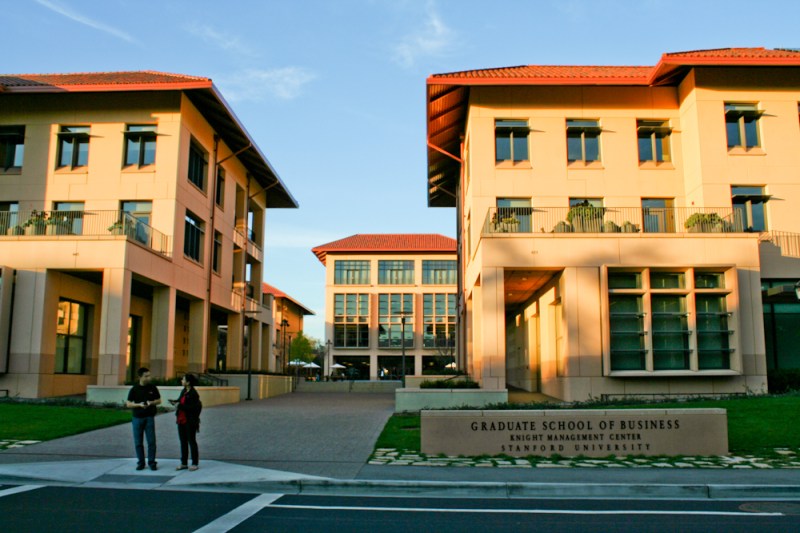The Stanford Institute for Innovation in Developing Economies (SEED), an auxiliary of the Graduate School of Business, established an innovation center in Accra, Ghana, with the help of a $150 million initial grant from Dorothy and Robert King MBA ‘60.
In June, the institute sent a group of five Stanford alumni volunteers to Ghana, who will act as “business coaches” for the first cohort of local entrepreneurs from that region.
SEED pursues three main areas, combining research, education and on-the-ground work to directly stimulate the local economy of targeted regions in West Africa. The program intends to train and mentor local entrepreneurs to grow their businesses, create services that serve the need of the poor, increase employment of local people and thereby alleviate poverty in those communities.
“If we look at all these countries, the largest percentage of people living in extreme poverty–which is defined as living under 1.25 dollars a day – are in Africa,” said Hau Lee, SEED’s faculty director and director of research.
The Institute chose West Africa as its pilot region for multiple reasons, including dealing with fewer government-set obstacles that prevent growth and being able to establish a safe place where students and faculty will not be at a risk.
Lee emphasized that, although it is based in Ghana, the center is not solely a Ghana center but a West Africa hub for innovation. Entrepreneurs throughout the region were encouraged to join the workshops and mentorship opportunities that SEED provided.
Because SEED’s mission involves not just consulting companies but also working with the companies in the field, the five Stanford business coaches – who will remain in Ghana for at least six months – were selected based on their competence and hands-on experience as mentors.
“We wanted people who had experience in building businesses, particularly in the private sector,” said SEED Executive Director Tralance Addy, who recently flew over to Ghana himself. “We also wanted mature people who can easily gain respect from the community, and we wanted people with actual operational experience in managing businesses, since they play a hands-on role.”
In addition to forming an effective team of volunteers, SEED conducted research on the challenges that local entrepreneurs in a specific region face. Over the past few years, SEED has compiled research to identify problems that prevented businesses from scaling, with the intention of developing solutions to solve those issues.
According to Lee, one of the ways to address the challenges is to change the mindset of the entrepreneurs by affirming their beliefs in building higher values and employing more people. In addition to helping the entrepreneurs build an intact infrastructure for a sustainable business, SEED is attempting to “bridge the gap” between investors and entrepreneurs in the local economy.
“Sometimes the markets are very small, and the businesses are fragmented and they cannot scale,” Addy said, giving reasons for why Africa is often not an attractive area for investment.
“It is not a matter of the capital, but that the capital has difficulty locating the transparent business – rather than that there is no money for the right companies,” he added.
Lee and Addy hope to see more entrepreneurs able build up their businesses and expand their exports in the future.
“We are trying to put these companies on a transformational path,”Addy said. “The program is now ongoing, so we know we’re going to learn a lot over the next few months or few years. Most people that attended the inaugural didn’t expect it to go as well as it was expected to go, and even when there were surprises, they are positive.”
Lee reported that SEED is considering expanding its reach to Southeast Asia and Central America. Once these centers are set up, SEED plans to allow Stanford students and researchers to travel to the established sites for internships and education. In the long term, Lee noted, the goal of these centers to “build capacity for research and education needs.”
“Our ultimate measure is the transformation of lives, people who would have found it otherwise hard to find jobs,” Addy said. “We will know we are successful when we can measure the transformation of actual lives on the ground.”
